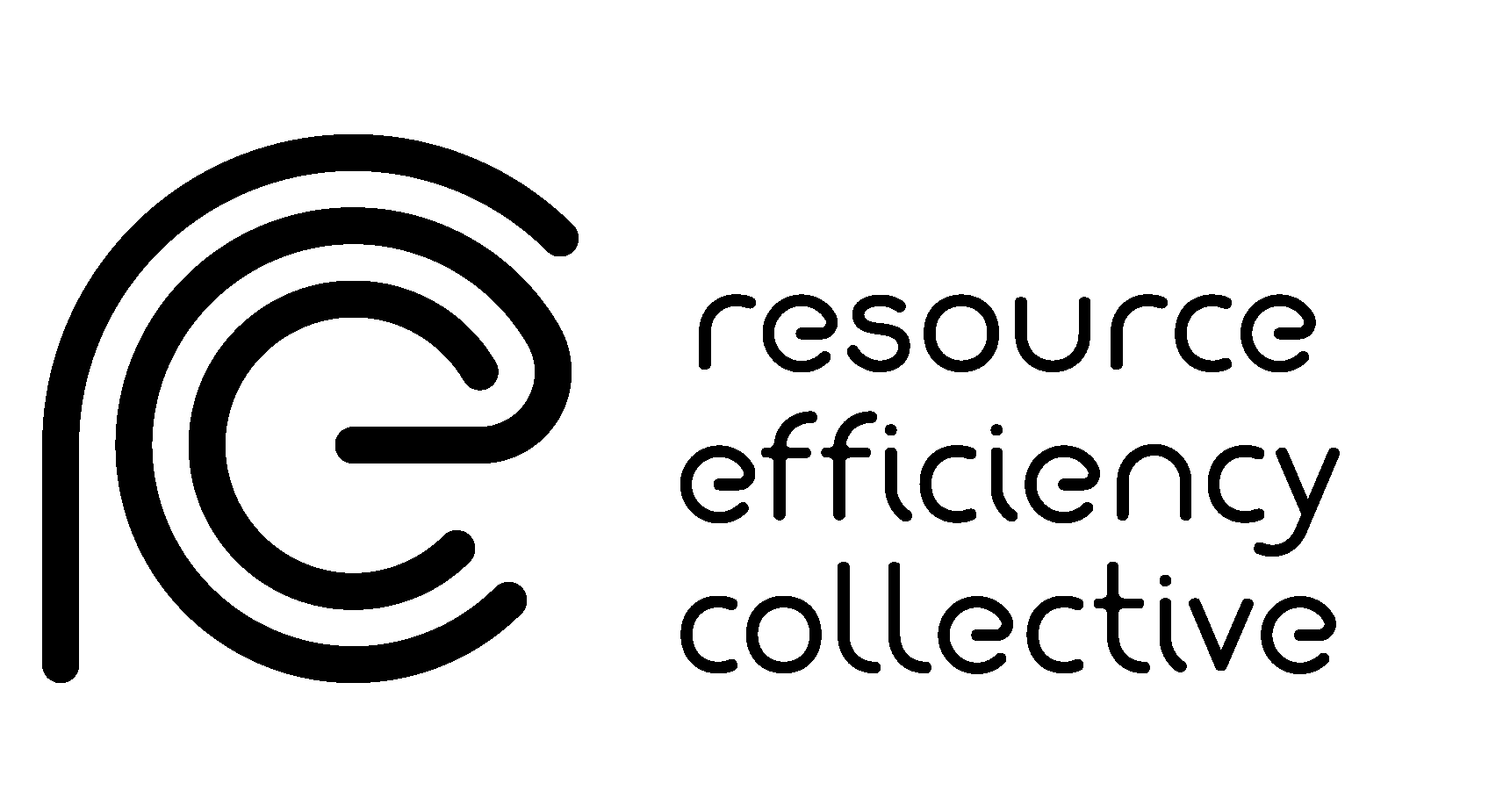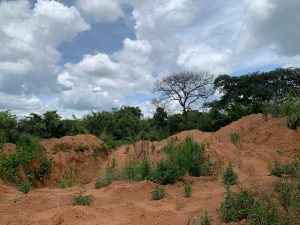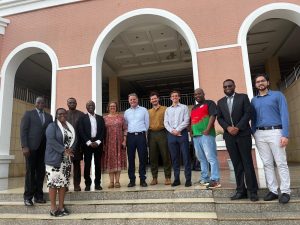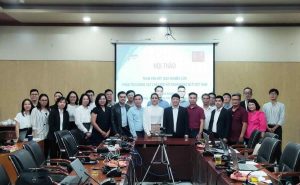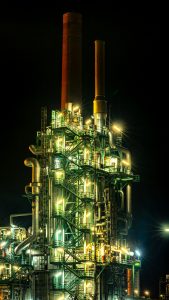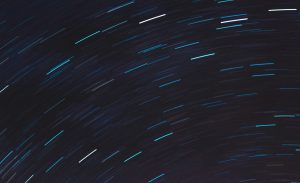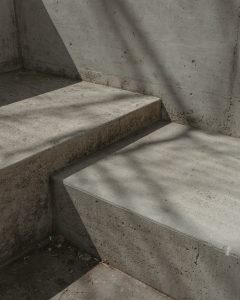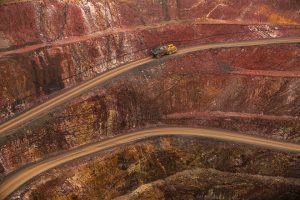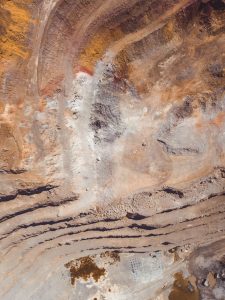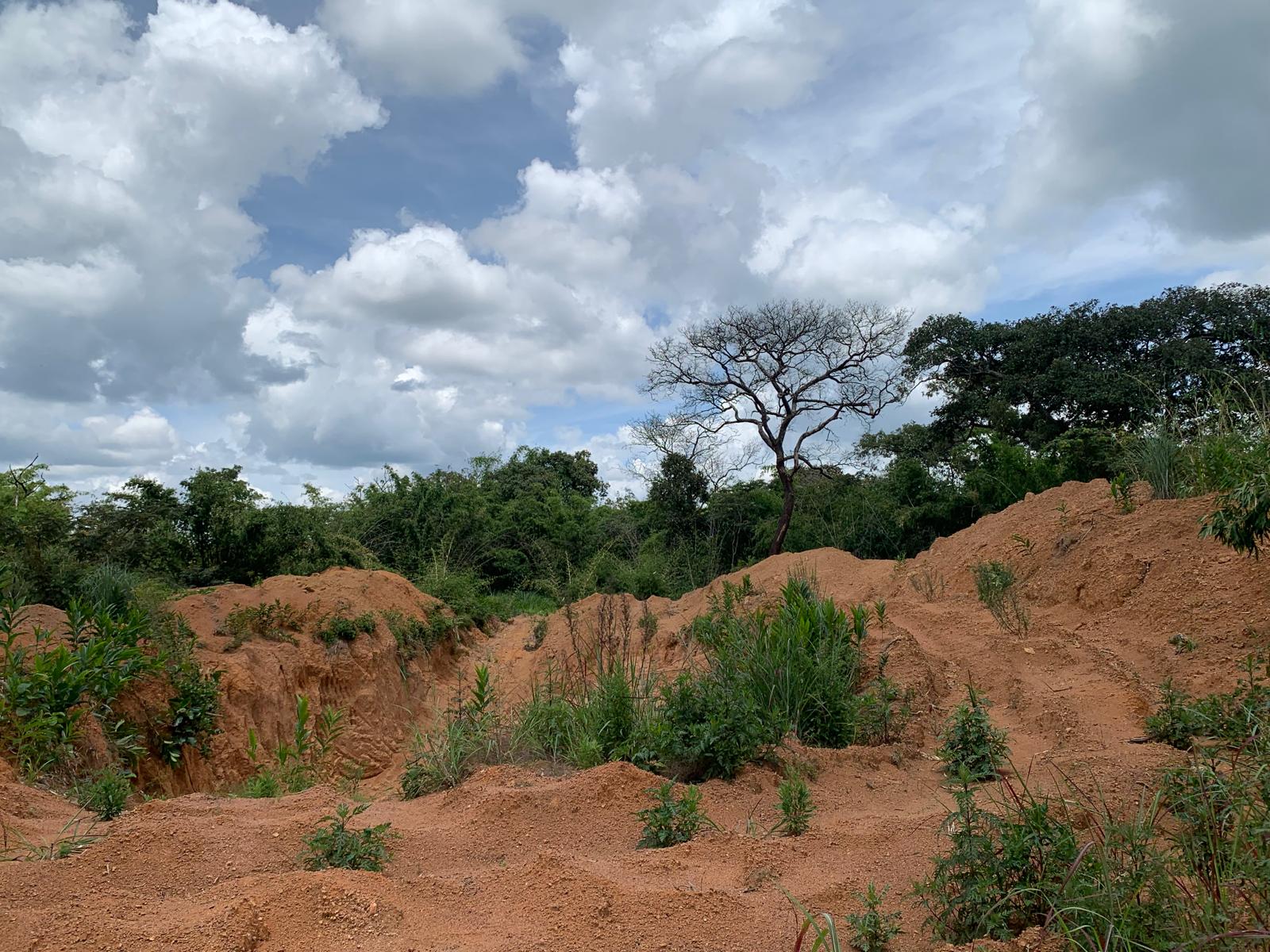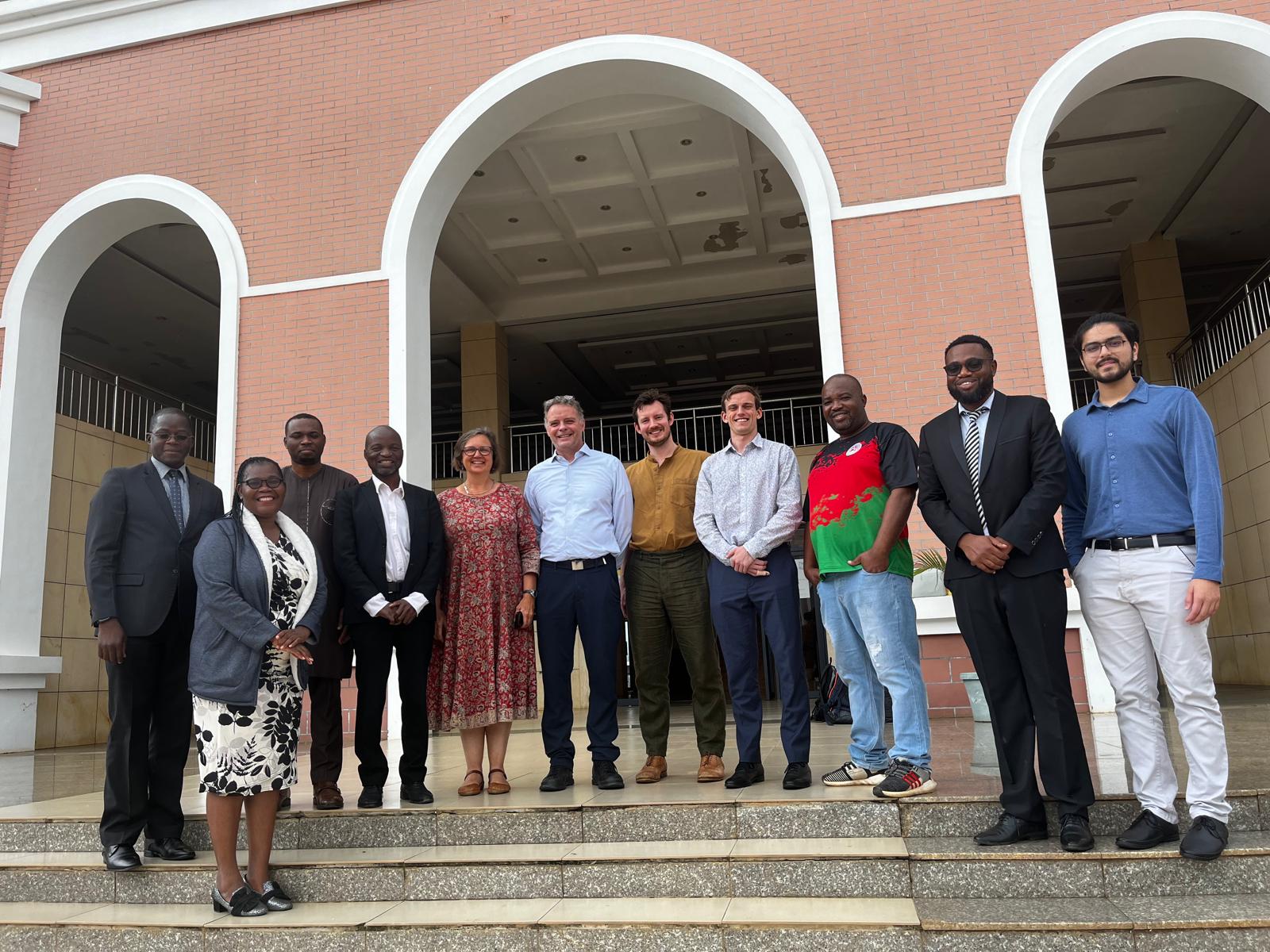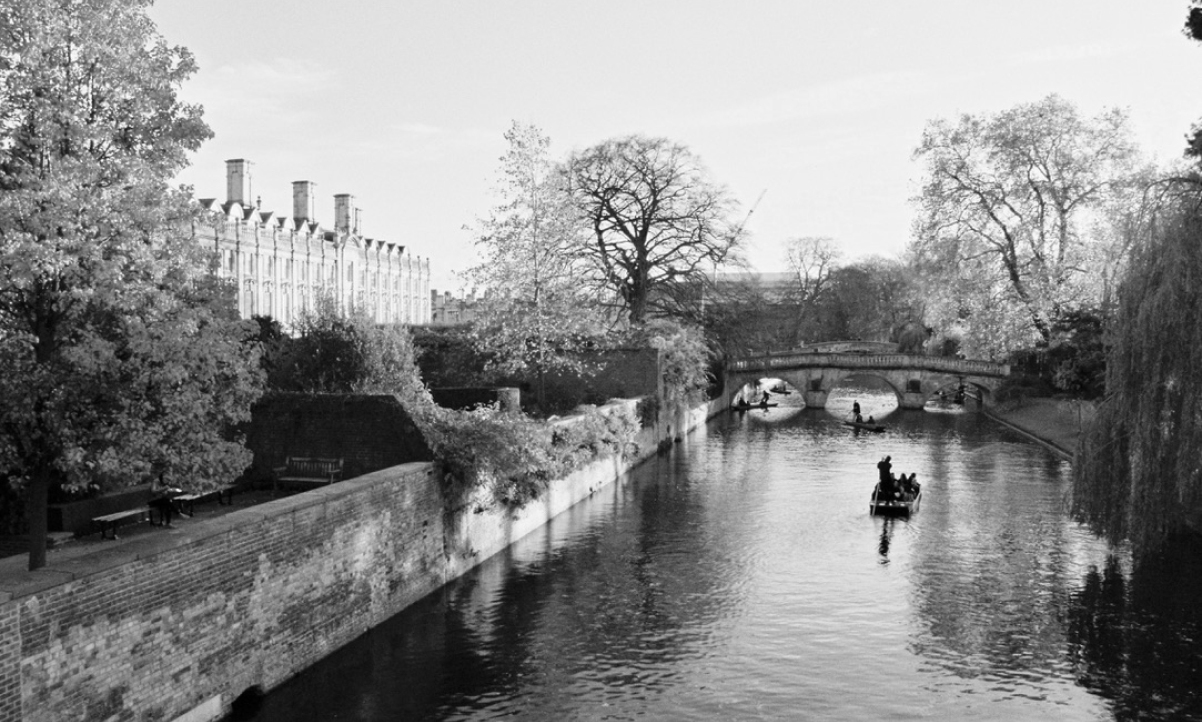Life After a PhD: Karla Cervantes Barrón
This is the next in a series of posts from former PhD students of Resource Efficiency Collective to explore where they are now, and how their PhDs prepared them for life beyond academia.

Next up, Karla who completed her PhD in 2021.
Please give a brief summary of your PhD.
My PhD focused on energy transitions and the provision of adequate services. I conducted statistical analyses on energy and material indicators for around 100 countries, analysed household surveys on Ugandan energy use, and used Natural Language Processing, a machine learning technique, to analyse global energy policies and discern the supply chain aspects they regulated.
The fundamental contributions of my thesis to the literature included confirming the links and interacting factors between service delivery and development outcomes, and identifying suitable indicators for evaluating service provision. The use of country-level surveys allowed me to identify levels and uncertainty of household service delivery in Uganda, revealing a slow transition away from traditional biomass and kerosene use, paired with stakeholder insights on local service provision. Finally, the resource transformation stages included in policies showed to have changed over time towards higher service coverage, but less so for low-income countries.
What were your main achievements during your PhD?
Gathering and analysing large amounts of country data, identifying suitable indicators to study services, identifying ways to use qualitative and quantitative measures to study a country’s situation, and learning and applying a machine learning technique to an interesting issue. Additionally, I’m proud to have done my PhD while having had roles in my College and University societies that made my life as a student – and hopefully that of others – much richer.
What is your current role?
I am still in Cambridge as a Research Associate for the £38-million Climate Compatible Growth (CCG) Programme.
CCG involves several universities and non-academic partners. CCG’s aim is to co-create solutions for countries to implement low-carbon energy and transport systems, involving partnerships and collaborations with other countries.
My research within CCG specialises in analysing the types and amounts of materials required to build the proposed low-carbon energy and transport systems and their broader implications. My main responsibility involves developing an open-source python model called Mat-dp and applying it to different country case-studies. My work reveals which bulk or critical materials will have higher demand in a country, whether their environmental impacts require strategies to reduce such impacts and whether trade or local industries need to implement new strategies. The motivation for my work is that direct emissions from burning fossil fuels for electricity generation or transport are well understood, but the emissions associated to making the materials needed for changing systems are less known. However, low-carbon technologies have a higher number of specialised materials, and unless countries consider this in their development or greenhouse gas emission plans, the emission savings potentials will not be achieved.
How did your time with Resource Efficiency Collective impact your future?
Being part of the group and doing work on broad picture or “systems thinking” allowed me to develop a sense of what areas are important to work in to limit emissions, which techniques may be used to study different systems or processes, and how different sectors interact with each other (e.g., electric vehicles only make sense in a low-carbon grid). I also learned a lot from all the great people who have been part of the group.
Being given flexibility in my research was also incredibly useful, since it has given me the ability to estimate whether it is worth putting effort into answering certain questions, and to trust in the quality of the work I am producing.
Having the opportunity to work on consultancy projects during my PhD also allowed me to apply some of my knowledge and skills, but also adapt to faster-paced deliverables based on client’s needs.
How did your PhD prepare you for your current role? Are there any skills learned during your PhD which help you in your role today?
Since my PhD involved computational work using python, analysing data on different countries has been very useful for my current role, which involves a lot of modelling for different countries. My PhD fieldwork in some countries has also been helpful, since we engage with country partners, and I already had experience talking to people in ministries, so doing that more in my current role has been easier.
What advice would you give to someone who is on the final stretch of their PhD?
Don’t give up on it! Push yourself to get the final writing bits done and you will see how the full story suddenly comes together. For me, being able to eventually find the common thread that linked all my chapters together was satisfying and informative. I think everyone gets their “aha!” moment eventually.
Read more about Karla and her publications here
Read other posts from our Life After a PhD series
Photo credit: Christopher Burns
